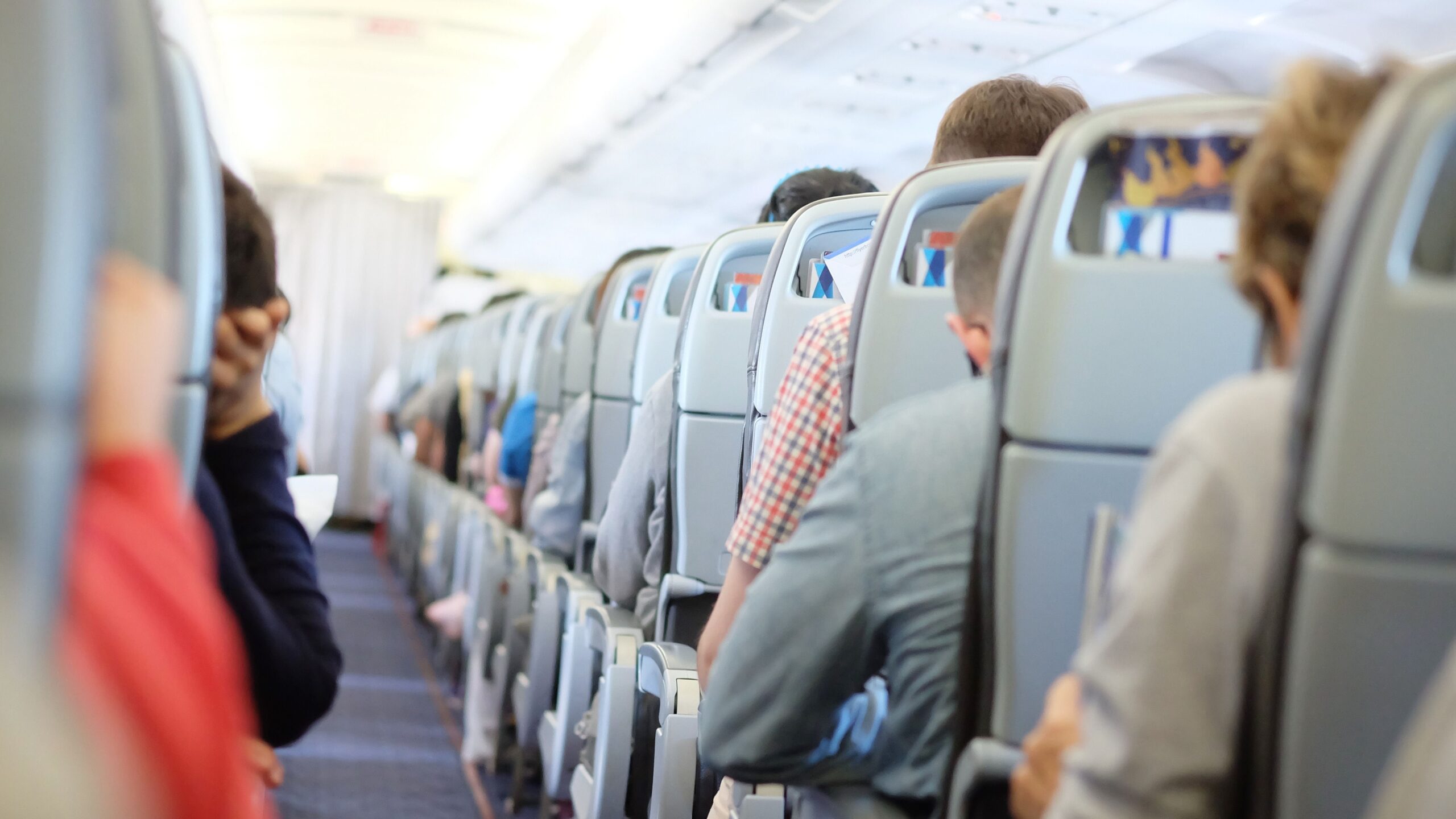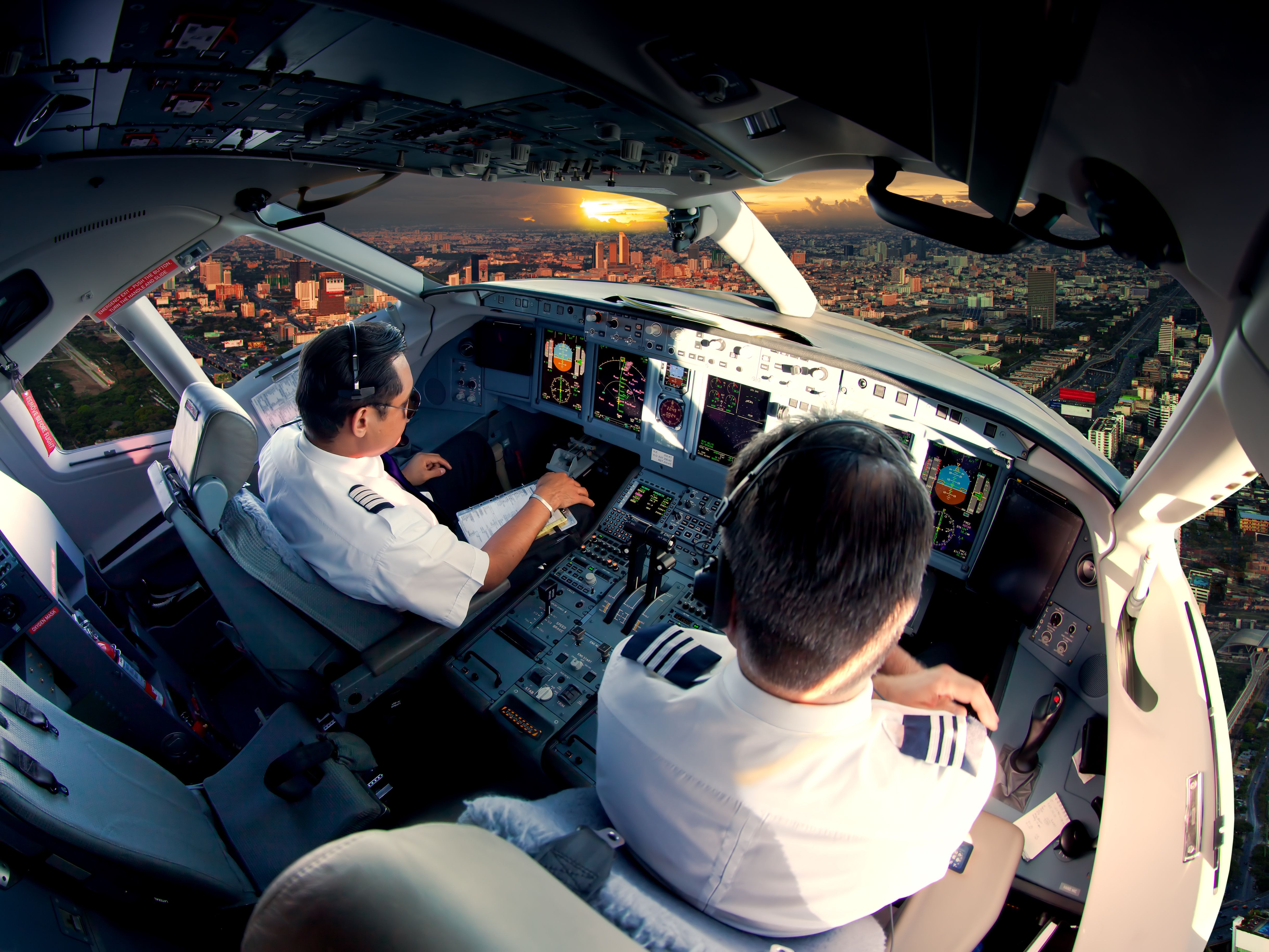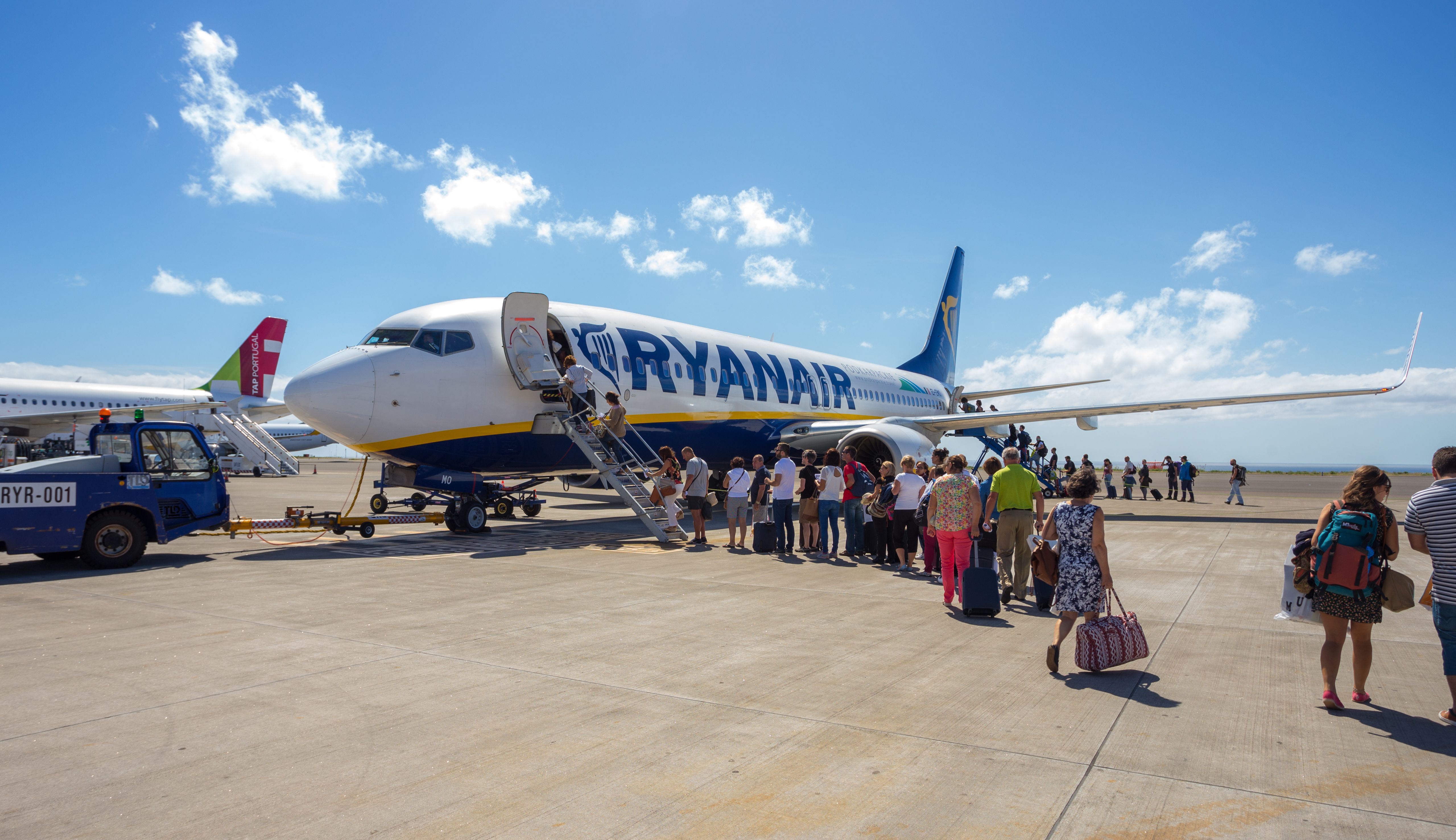The passenger count is one of the more apparent things pilots must know before a flight. Some airlines require passenger counts before leaving the gate, while others allow the final numbers to come through during taxi. Regardless, pilots need an accurate count of passengers for determining weight and balance, performance, security, and advising ATC in an emergency. Here’s an explanation of why people on a plane are called “souls.”
What is a “soul onboard?”
“Souls onboard” seems to be used in America and a few other places. Aviation workers from Europe to Australia refer to “people onboard” rather than “souls,” but there’s no definitive list of how people on a plane are referred to around the world. For its part, the American Federal Aviation Administration refers to “people onboard,” but US controllers use the word “souls” when querying how many people are onboard an aircraft in an emergency situation.
Photo: Skycolors I Shutterstock
Another tidbit worth pointing out is that everyone on the plane is counted in the total number of souls onboard an aircraft. The phrase commonly evokes the idea of just passengers, but the term includes pilots, flight attendants, and jumpseaters. Additionally, some airlines don’t count infants for weight and balance calculations since they weigh so little. Infants need to be counted back into the total number to determine souls onboard.
Origins
It’s thought that the origin of using the term “souls” to describe the number of people has naval derivatives, like so many other items in aviation. Examples include “port and starboard,” the wingtip light colors associated with them (red and green), the use of knots, and the pilot uniform. It’s commonly thought that ships on long voyages would report the number of souls onboard to distinguish between the living and dead since bodies in caskets were commonly transported below deck. The line of thinking is that since a soul can only occupy a living body, “souls onboard” was a quick and accurate way of reporting the number of living people. In modernity, it seems that “people onboard” suffices.
Photo: Bruno Ismael Silva Alves I Shutterstock
One further point is why controllers ask pilots for the number of souls onboard after an emergency declaration. The reason for this is the same as why they ask for the fuel remaining in the same question: ATC needs to pass along the information to first responders. If an accident occurs, emergency workers need a precise count of how many people should be accounted for. The airline can provide this information, but the pilots are the most direct point of contact when time is of the essence.
Final thoughts
Whether or not the term is outdated or cryptic, “souls onboard” is how pilots in the US and many other places report the total number of people on a plane. The phrase has simply been around aviation long enough in the US that few people stop to consider its relative inanity.


